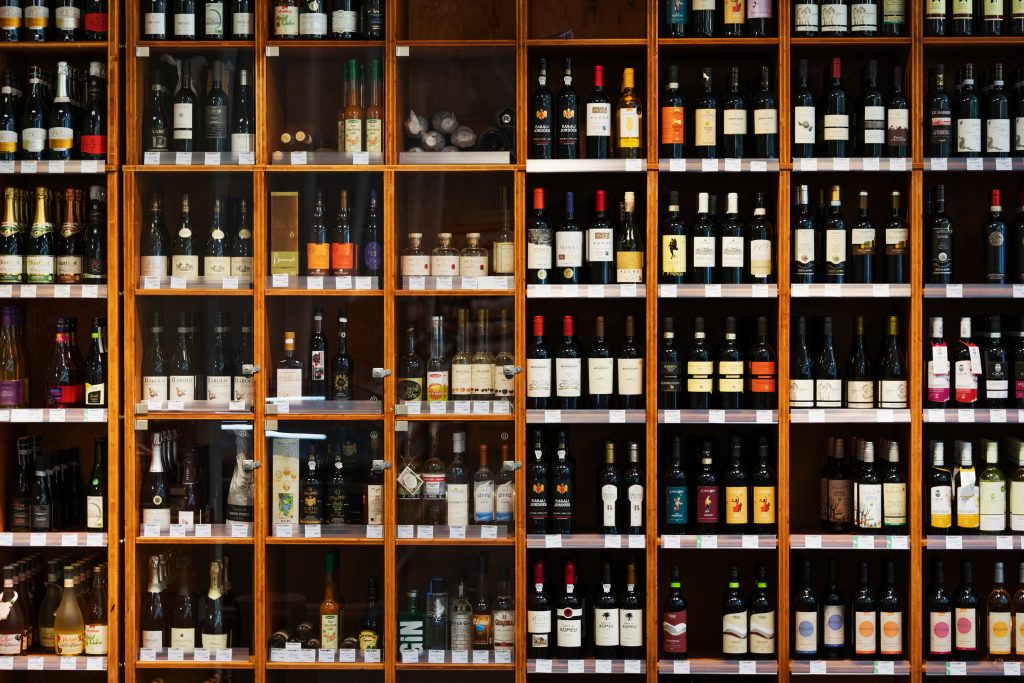This website uses cookies so that we can provide you with the best user experience possible. Cookie information is stored in your browser and performs functions such as recognising you when you return to our website and helping our team to understand which sections of the website you find most interesting and useful.
With hospitality at a crunch-time, what is the effect on indie suppliers?
With this winter set to be “crunch time” for pubs and restaurants, what is happening to the indies supplying them?

As db recently highlighted, the first quarter of 2023 saw the highest rate of British restaurant closures in a decade, with more 569 businesses filing for insolvency in the first three months of this year, an average of five restaurants a day, while there was also a steep rise in the number of pubs closing in the first half of 2023 – 383, compared to 386 sites shut in the whole of 2022.
With inflation still high and costs continuing to rise, there is no doubt that it will be tough winter and spring for hospitality. But this appears to be having a knock-on effect on the specialist off-trade, many of whom supply local on-trade businesses with wine.
Iris Ellmann, managing director of independent retailer The WineBarn, which specialising in German wine, said that her company was continuing to face challenges despite having survived the Covid pandemic, striving to recoup diminished sales from other new markets.
While she said it was understandable that following the pandemic restaurants had full cellars and needed to sell existing stock following the reopening of the on-trade, it is “still a struggle to regain restaurant and hospitality clients” that they had lost during this time.
“When restaurants are offered a tasting, the most common response I get now (which accounts for 80%) is that ‘we are sorted for German wine’. This is because most of them are buying from much larger wine companies, who now also offer other countries, including a couple of German producers. Or some merchants only offer subscription wines when the sommeliers take a certain number of German wines.”
She worries that this approach will “not nearly cover the depth and exclusivity of German wine, nor will it show the diversity and ability of German wine to pair well with so many different cuisines”.
The situation was getting more and more frustrating, she added.
“We have survived Covid and Brexit, but seem to be struggling now and there is very little hope of change in sight,” she told db. “Have the sommeliers really lost interest in working with independent merchants that specialise and are high knowledgeable in wines from a specific region like us? Or out of convenience and budgetary pressure, are they pushed to work with larger wine chains that offer bulk discounts?”
What this means for the on-trade – as well as the specialists – in the longer-term has yet to be seen.
Related news
Eminent Greek winery founder dies aged 82
Sherry Week celebrates gastronomic potential of historic wines
Spain 'needs to learn how to market our fine wines', producer claims

